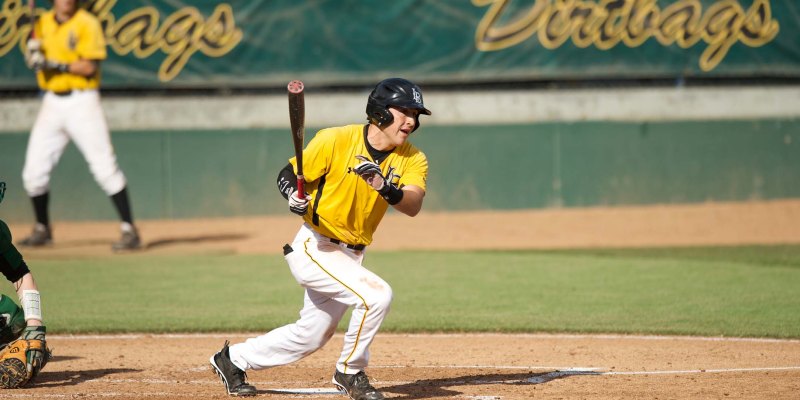
Long Beach State’s reputation as one of the best baseball programs in the country is well earned, considering the amount of talent it has produced.
As fans and spectators, though, we usually only see the final results — not the rigorous process necessary for college kids to make it to the pros.
While the college baseball regular season and playoffs wrapped up months ago, many of the best collegiate players continued their hard work in summer leagues all around the country. It’s here where college players gain tremendous experience playing against top competition.
Despite having very little in the form of accolades, summer leagues provide a great opportunity for college baseball players to show off their skills in front of a bevy of major league scouts. Their performance, while not be-all-end-all, is taken into account when teams are evaluating players for the MLB Draft. It’s a showcase, and players always want to impress.
Part of what’s made past Dirtbags so special is their players’ participation in summer leagues. All-stars Troy Tulowitzki and Evan Longoria both played in the Cape Cod League, widely considered the best collegiate summer league. Danny Espinosa and Cesar Ramos are other notable Dirtbags who played in the Cape Cod.
The lone Dirtbag this year playing in the Cape is shortstop Garrett Hampson.
Hampson is coming off a terrific freshman season, so it’s no surprise to see him there. He’s struggled, though, hitting only .268 with very little power. Hampson’s strengths are his defense and base running, so the lack of offense shouldn’t be a major concern. The hits will eventually fall.
Other Dirtbags have fared much better, albeit in different leagues. Catcher Eric Hutting is hitting an impressive .297 in the Alaska Baseball League. Infielder Alex DeGoti has been lighting up the West Coast League, hitting .313 with an excellent .455 slugging percentage. Zack Domingues has been hitting average (.380) and getting on base (.494) at a torrid pace in the Northwoods League.
This is only a brief view into the hard work these collegiates put in when they’re not technically obligated to play. But like anybody else, they want to be great at what they do, and that means working the hardest when not everyone is paying attention.
















